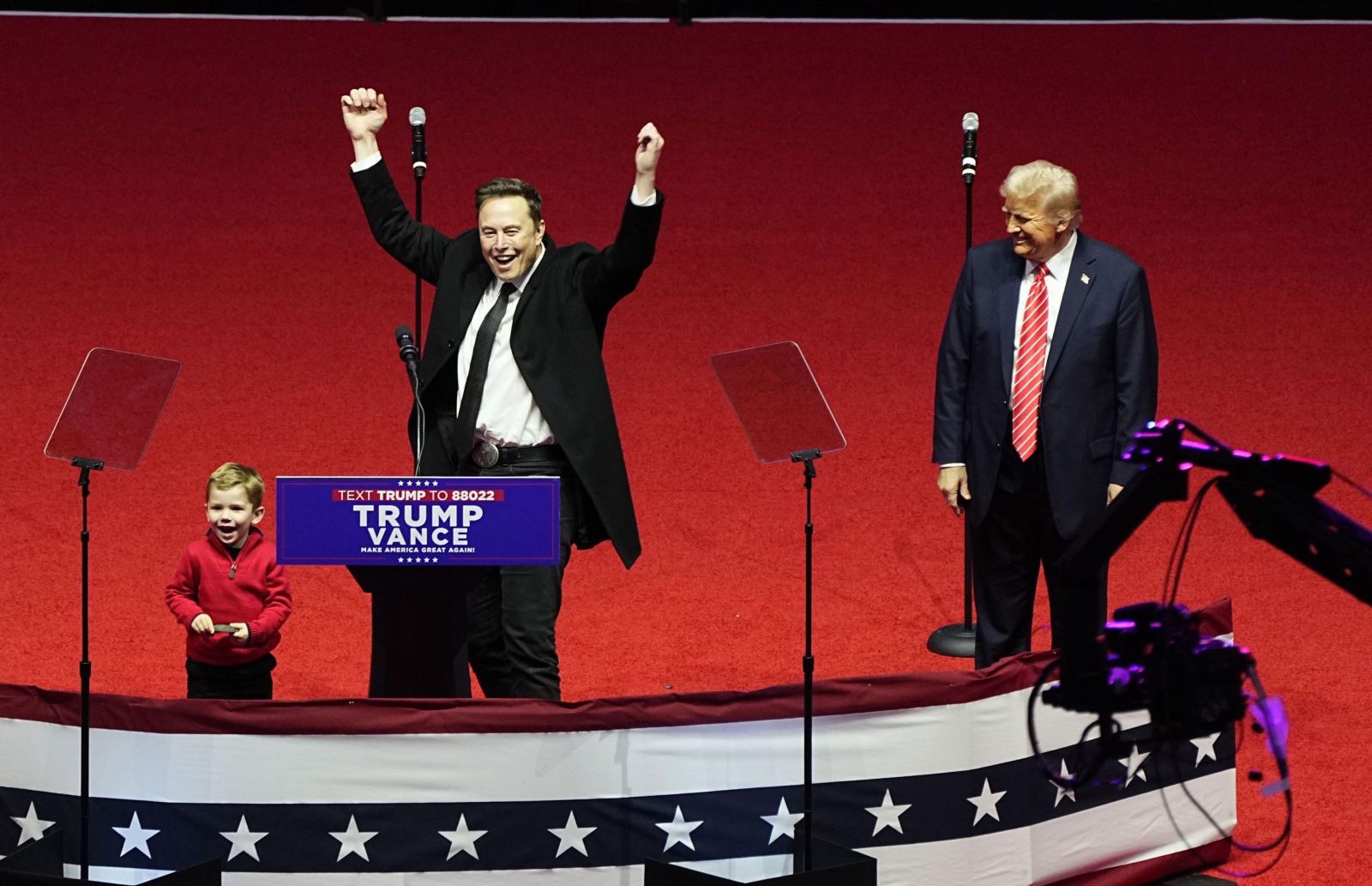
US President Donald Trump (right) and billionaire Elon Musk at an event in Washington. Photo: Kyodo/TTXVN
According to the Wall Street Journal on April 8, the world's leading technology entrepreneur, Elon Musk, who is one of President Donald Trump's influential advisors, has publicly expressed his disagreement with the trade philosophy that the Trump administration is pursuing. Mr. Musk's comments not only exposed potential cracks within the administration on the issue of tariffs but also raised questions about the economic direction that the United States is choosing.
The billionaire behind Tesla and SpaceX recently posted a famous video of Nobel Prize-winning economist Milton Friedman, in which Friedman vividly explains the complexities of global supply chains through the example of a pencil. This action is seen as an implicit criticism of the protectionist and tariff policies that the Trump administration is actively implementing.
Musk has also taken direct aim at Peter Navarro, President Trump's top trade adviser. On social network X (formerly Twitter), billionaire Musk did not hesitate to say that Mr. Navarro's support for strong and widespread trade barriers was a mistake. The billionaire also implied that Mr. Navarro lacked practical experience in building and developing the economy, writing: "He doesn't build anything" - a status line that Mr. Musk later deleted.
Mr. Musk's moves come as the Trump administration has announced a series of new tariff policies, causing significant turmoil in the stock market and raising concerns about the risk of a global economic recession. President Trump has declared that Americans should prepare for "short-term pain" as he tries to reshape the US economy, aiming to reduce dependence on foreign-made goods. Last week, a series of new tariffs were applied to most economies in the world , even higher for some countries, building a high trade "wall" around the United States.
Trump’s aggressive trade policy has created a lot of confusion among the public, especially about whether this is a long-term strategy to boost domestic production or just a negotiating “trick” to force other countries to change their policies. This ambiguity became even clearer when an off-topic comment by US National Economic Council Director Kevin Hassett was misunderstood as implying that President Trump might pause the tariffs for 90 days, causing the market to have a brief rally before returning to the downtrend after the White House clarified that no policy change was planned.
There are signs that some members of the Trump coalition are losing favor with the White House on trade. Bill Ackman, a billionaire hedge fund manager and Trump supporter, has called for a 90-day pause on tariffs to allow time for negotiations with other countries. He warned that otherwise, the result would be a “self-inflicted economic nuclear explosion.” On social media, Mr. Ackman expressed concern that current policies are destroying confidence in the United States as a reliable trading partner, an attractive business location, and a safe capital market.
Meanwhile, senior White House aides have offered different reasons for the tariffs. Treasury Secretary Scott Bessent said the overall goal was to open trade negotiations. He told NBC's "Meet the Press" that the tariffs gave President Trump "maximum leverage," and more than 50 countries have contacted the White House to discuss lowering their trade barriers. Commerce Secretary Howard Lutnick, for his part, took a tougher stance, telling CBS's "Face the Nation" that the US needed to stop being "ripped off" by other countries.
Over the weekend, Mr. Musk offered a more constructive idea, proposing a free trade area between the United States and Europe. He expressed hope that both sides would move toward eliminating tariffs altogether, creating a true free trade area between North America and Europe. European Commission President Ursula von der Leyen responded positively, saying Europe was ready to negotiate with the United States and proposing “zero-zero” tariffs on industrial goods.
This is not the first time Musk has made critical comments about the Trump administration's priorities. He previously expressed doubts about a $500 billion project involving billionaire Sam Altman's OpenAI to build data centers in the US, saying the companies involved did not have the financial resources. President Trump dismissed these concerns, explaining that it was just part of a personal feud between Musk and Altman.
This time, however, Mr. Musk’s criticism of Trump’s trade philosophy has a deeper meaning. As a successful and influential businessman, Mr. Musk’s opinions can influence public opinion and put pressure on the administration. Whether these disagreements will change the direction of President Trump’s trade policy remains an open question. But it is clear that the tension between one of President Trump’s early supporters and his administration is becoming increasingly evident, signaling significant challenges for the White House’s economic agenda in the coming period.
Source: https://baotintuc.vn/phan-tichnhan-dinh/tac-dong-tu-viec-ty-phu-elon-musk-phan-ung-voi-triet-ly-thuong-mai-cua-tong-thong-trump-20250409092603608.htm



![[Photo] Prime Minister Pham Minh Chinh attends the World Congress of the International Federation of Freight Forwarders and Transport Associations - FIATA](https://vphoto.vietnam.vn/thumb/1200x675/vietnam/resource/IMAGE/2025/10/08/1759936077106_dsc-0434-jpg.webp)


![[Photo] Prime Minister Pham Minh Chinh inspects and directs the work of overcoming the consequences of floods after the storm in Thai Nguyen](https://vphoto.vietnam.vn/thumb/1200x675/vietnam/resource/IMAGE/2025/10/08/1759930075451_dsc-9441-jpg.webp)

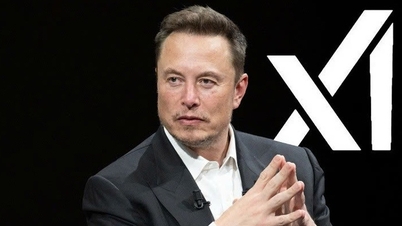

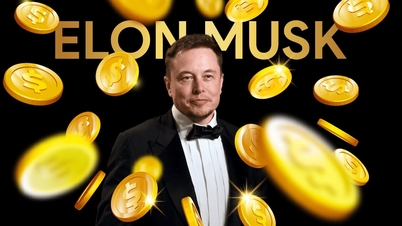

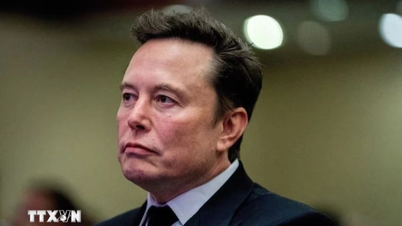



















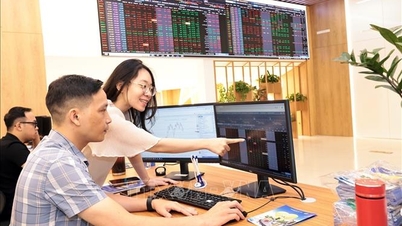






























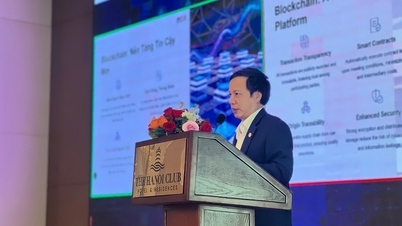







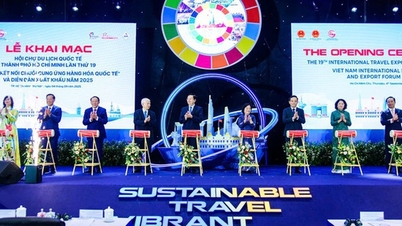





























Comment (0)